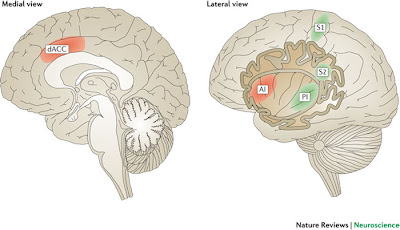(en)Gendering psychiatric disease: what does sex/gender have to do with posttraumatic stress disorder (PTSD)?
Mallory Bowers is a 5th year Neuroscience doctoral candidate working with Dr. Kerry Ressler at Emory University. Prior to graduate school, Mallory received her Bachelor of Arts from the University of Pennsylvania. Mallory is interested in behavioral neuroscience, with a particular focus on how neural plasticity contributes to learning. With Dr. Ressler, Mallory is using a mouse model of exposure-based psychotherapy to better understand the neurobiology of learned fear. Specifically, her research focuses on a potential interaction between the cholecystokinin and endogenous cannabinoid systems that may underlie extinction of cued fear. Mallory was on the organizing committee for the 2013 “Bias in the Academy” Conference and is President of Emory Women in Neuroscience (E-WIN). As I’ve become more entrenched in the PTSD field, I’ve been struck by the prominent sex/gender difference in the prevalence of PTSD (among many other psychiatric disorders) and the categorical use of male animal m...
